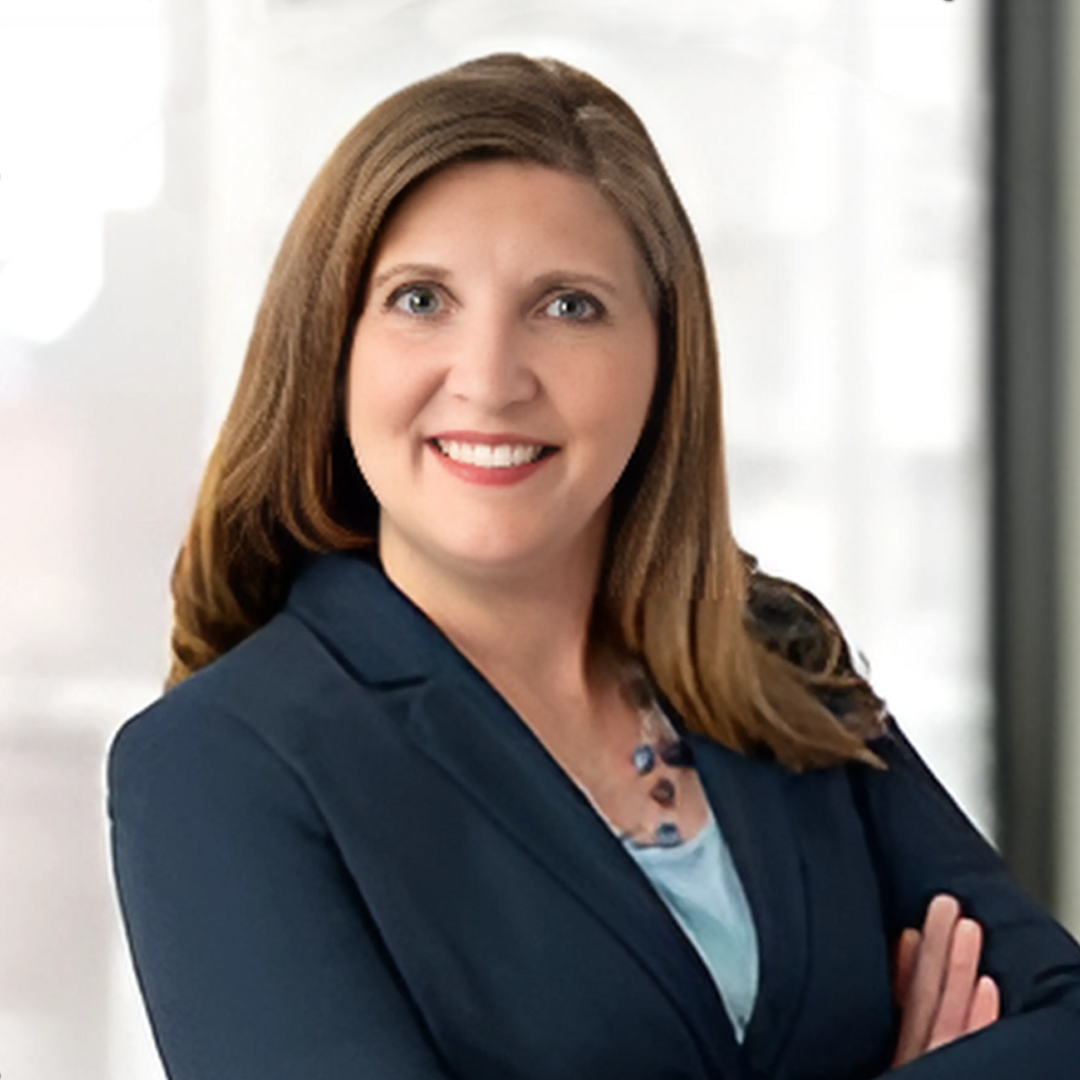

Advisor Blog
September 15, 2025
Member Spotlight: Nicole Livingston
From Speech Pathology to Estate Planning — A Journey of Listening, Leadership, and Compassion in Law
The Anne Arundel Estate Planning Council recently sat down with Nicole Livingston to explore her unique path into estate planning and elder law. Before becoming an attorney, Nicole worked as a speech-language pathologist, providing care for adults with communication and cognitive challenges. That early experience, rooted in empathy and listening, has carried into her legal practice, where she guides families through some of life’s most important and emotional decisions. In this spotlight, we highlight Nicole’s professional journey, the challenges she’s overcome, and the passion that drives her to expand access to estate planning with clarity and compassion.
- Can you tell us about your background and what led you to your current role/field?
Before becoming an attorney, I worked as a speech-language pathologist in nursing homes, providing care to adult patients with aphasia, dysphagia, and cognitive impairments. I went to law school with the clear goal of becoming an estate planning and elder law attorney. My background in speech-language pathology has been a natural complement to this work. That experience taught me how to truly listen and connect with people during some of their most vulnerable moments — a skill that’s proven invaluable in estate planning, where clients often face emotional decisions and need both clarity and compassion. - What are some challenges you've faced in your career and how have you overcome them?
One of the consistent challenges has been maintaining my professional identity and standards through changes in firm leadership and culture. I've worked in environments that didn’t always match my philosophy of client care. Over time, I learned that the best way to resolve that disconnect was to take leadership into my own hands — which is part of what motivated me to start a firm with partners who share a common vision. - What project or achievement are you most proud of, and why?
What I’m most proud of is how I’ve been able to bring the empathy and communication skills I developed as a speech pathologist into the legal world. Estate planning is personal, and those earlier years taught me how to listen deeply, explain complex things clearly, and support people during emotional conversations. That’s something I carry with me every day — and I believe it makes a real difference to my clients. - How do you balance your professional responsibilities with your personal life?
I plan intentionally — just like I advise my clients to do. I schedule time for both work and family, and I’m protective of that time. I’ve found that structure and boundaries create more freedom and help me show up better for everyone. I book vacations a year in advance and block my calendar. Family time is very important to me. - What are you currently passionate about or what motivates you in your daily work?** This helps reveal what drives them professionally or personally.
It may sound simple, but I love helping people feel seen and heard — especially when they’re making tough decisions. Estate planning isn’t just about documents; it’s about people, families, relationships, and legacies. - Looking ahead, what are some goals or aspirations you have for the next few years?
I want to expand access to estate planning by continuing to educate people who might feel intimidated by the process. Whether that’s through workshops, online content, or community outreach, I see the next few years as a time to innovate how we serve and reach people.
Nicole is also a member of CFAAC's Professional Advisor Recognition Society.